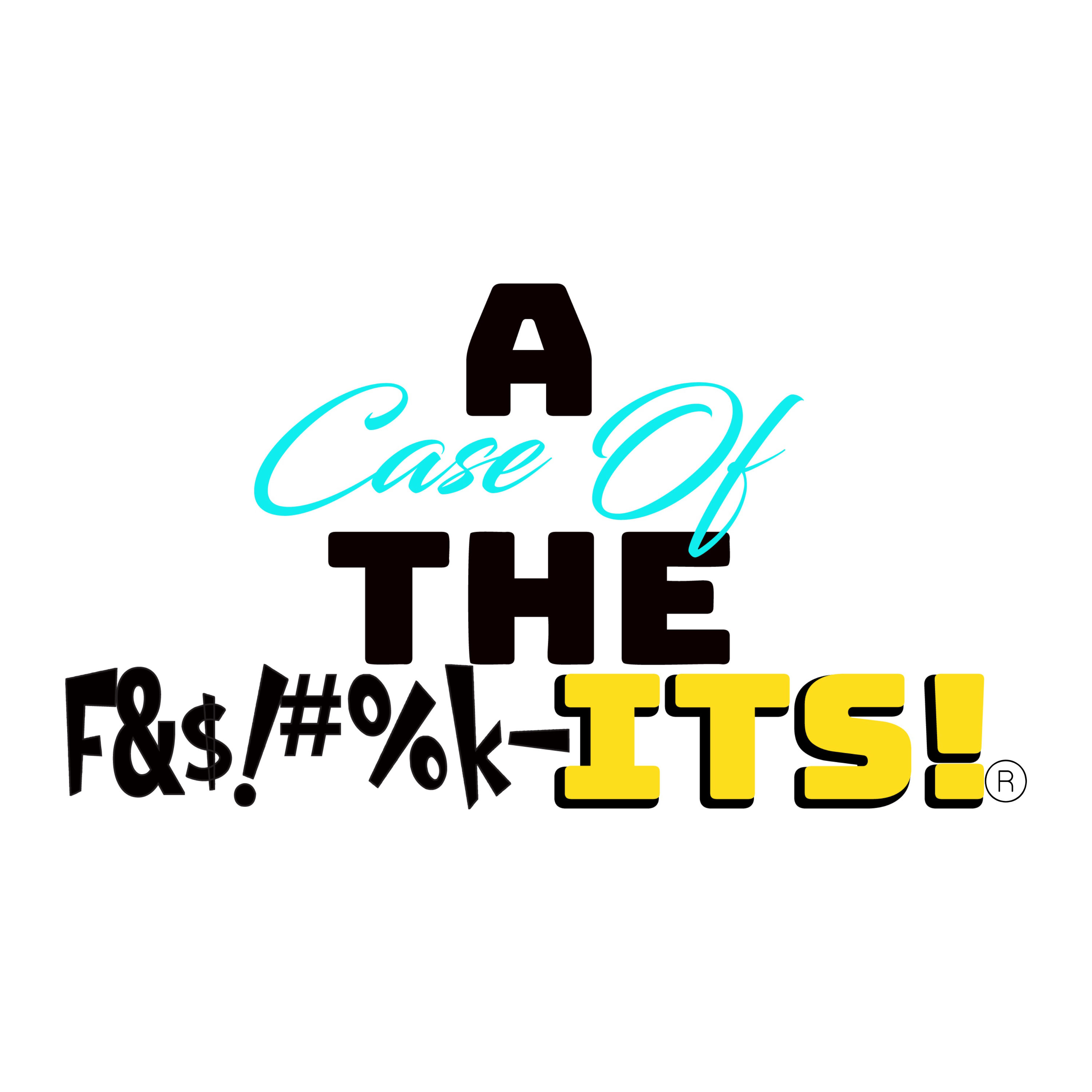Unlearning Childhood Lessons: A Journey of Compassion and Growth
- Kia Merrifield
- Aug 14, 2024
- 3 min read
Updated: Oct 26, 2024

Growing up, we often accept the lessons imparted by our parents as absolute truths. They shape our understanding of the world, ourselves, and how we relate to others. But what happens when those lessons, passed down by parents who were themselves wounded, no longer serve us? How do we reconcile the love and care we received with the need to unlearn patterns that may have been born from their pain and struggles?
The Inheritance of Brokenness
Like us, our parents are products of their own experiences. They may have been shaped by hardships, trauma, or unmet needs. In doing the best they could with what they had, they sometimes passed down coping mechanisms or beliefs that helped them survive but may not necessarily help us thrive.
For example, maybe you were taught always to put others first because your parent equated self-sacrifice with love. Or perhaps you learned to suppress your emotions because you grew up in an environment where vulnerability was seen as a weakness. These lessons, while protective in the context of their lives, can lead us to patterns of people-pleasing, emotional repression, or self-neglect.
The Impact of These Lessons
As adults, we may start to see the effects of these lessons in our own lives. We might struggle with setting boundaries, expressing our true feelings, or believing in our worth. It’s easy to internalize these struggles as personal failures rather than understanding them as inherited patterns.
Unlearning isn’t about blaming our parents for the ways they fell short. It’s about recognizing that some of what we learned was rooted in their brokenness, not our inherent truth. This understanding allows us to approach unlearning compassionately for ourselves and our parents.
The Journey of Unlearning
Unlearning is not an act of rejection but one of growth. It’s the conscious effort to examine our beliefs and behaviors and decide which ones are worth keeping and which need to be released. This journey can be empowering and painful as it requires us to confront parts of ourselves that we may have kept hidden or never questioned before.
Here are a few steps to guide you on this path:
1. Acknowledge the Source: Recognize where these lessons came from and why they might have been necessary for your parents. Understanding the context can help you approach unlearning with empathy rather than resentment.
2. Identify What No Longer Serves You: Reflect on the beliefs or behaviors that cause distress or hold you back. Ask yourself if these patterns align with who you are and what you want for your life.
3. Seek New Perspectives: Surround yourself with diverse voices and experiences. This can help you see alternatives to the lessons you were taught and inspire new ways of thinking and being.
4. Practice Self-Compassion: Remember that unlearning is a process, not a destination. Be gentle with yourself as you navigate this journey. It’s okay to stumble or revert to old patterns; what matters is your commitment to growth.
5. Create New Narratives: Replace outdated beliefs with ones that reflect your current values and aspirations. This might mean embracing vulnerability, prioritizing your own needs, or defining success on your own terms.
Honoring Our Parents While Forging Our Path
Unlearning doesn’t mean dishonoring our parents or disregarding their efforts. It’s about acknowledging their humanity and the limitations they face. By choosing to heal and grow beyond what they could teach us, we honor their legacy differently—by becoming the fullest, most authentic versions of ourselves.
As we unlearn, we can pass down healthier patterns to the next generation, breaking the cycle of inherited pain. In this way, our journey of unlearning becomes an act of personal growth and a gift to those who come after us.
Final Thoughts
The process of unlearning childhood lessons is deeply personal and often challenging. It requires courage, patience, and a willingness to confront uncomfortable truths. But in doing so, we liberate ourselves from the constraints of our past and step into a future where we can live more fully and authentically.
Remember, our parents did the best they could with what they had. Now it’s our turn to do our best—with the awareness and resources we’ve gained. In this journey, we can heal our brokenness, honor our origins, and create a life that reflects our truest selves.
Video link:
With gratitude & a dash of courage,





Comments